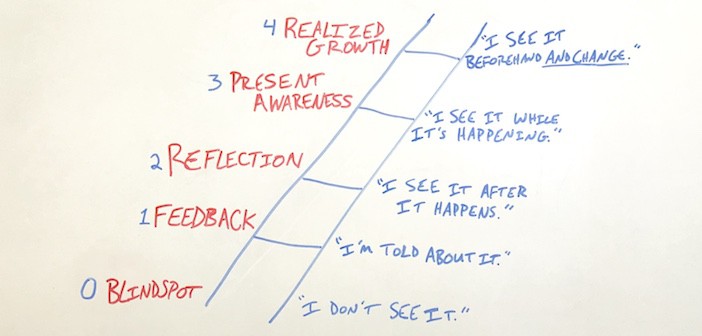Every time a member of your organization speaks, your values are communicated. They may not quote a poster on your conference room wall, but they are talking about them. The principle is simple: we talk about the things that are important to us.
We see this clearly in our personal lives. A proud father can’t stop repeating stories about his children. A committed manager bores his friends with conversations about work. An avid sports fan takes every chance to talk about his favorite team. We can’t help it. The things we value are reflected in our vocabulary.
Likewise, your organization’s values are reflected in the everyday vocabulary of the individuals who represent it. And that vocabulary may reflect ideals different from your organization’s published values. In that case, there is a clear discrepancy between what you state you value and what you actually value. In some instances, individuals’ vocabularies are widely varying from one another, exposing a lack of value agreement throughout the organization. Upon recognition of these occurrences, the issue must be addressed.
If you are not hearing your values mentioned on a regular basis outside of the conference room and in everyday vocabulary, you have a values problem. One or more of the following actions may help you address it:
- Spotlight your values. During every organizational gathering (meetings, events, presentations, etc.), put your values in front of the organization. Sometimes people just need a regular reminder of what is really important.
- Define your vocabulary. Often different people use a variety of words to say the same thing. In this case, everyone may agree on what is important, but the momentum of clarified communication is missing. Clearly defining specific words with specific meanings can establish clarity of communication throughout your organization, eliminating any ambiguity of your values
- Reassess your values. Sometimes values become more of a tradition than active organizational directives. In this case, they are worth no more than the poster board and frame that displays them. Maybe the values were not seriously considered when they were originally created. Or maybe your values have changed. In either case, update them to reflect the entity you truly wish to be.
These are just a few ideas. What are some other ways to address a discrepancy between stated organizational values and everyday vocabulary?



